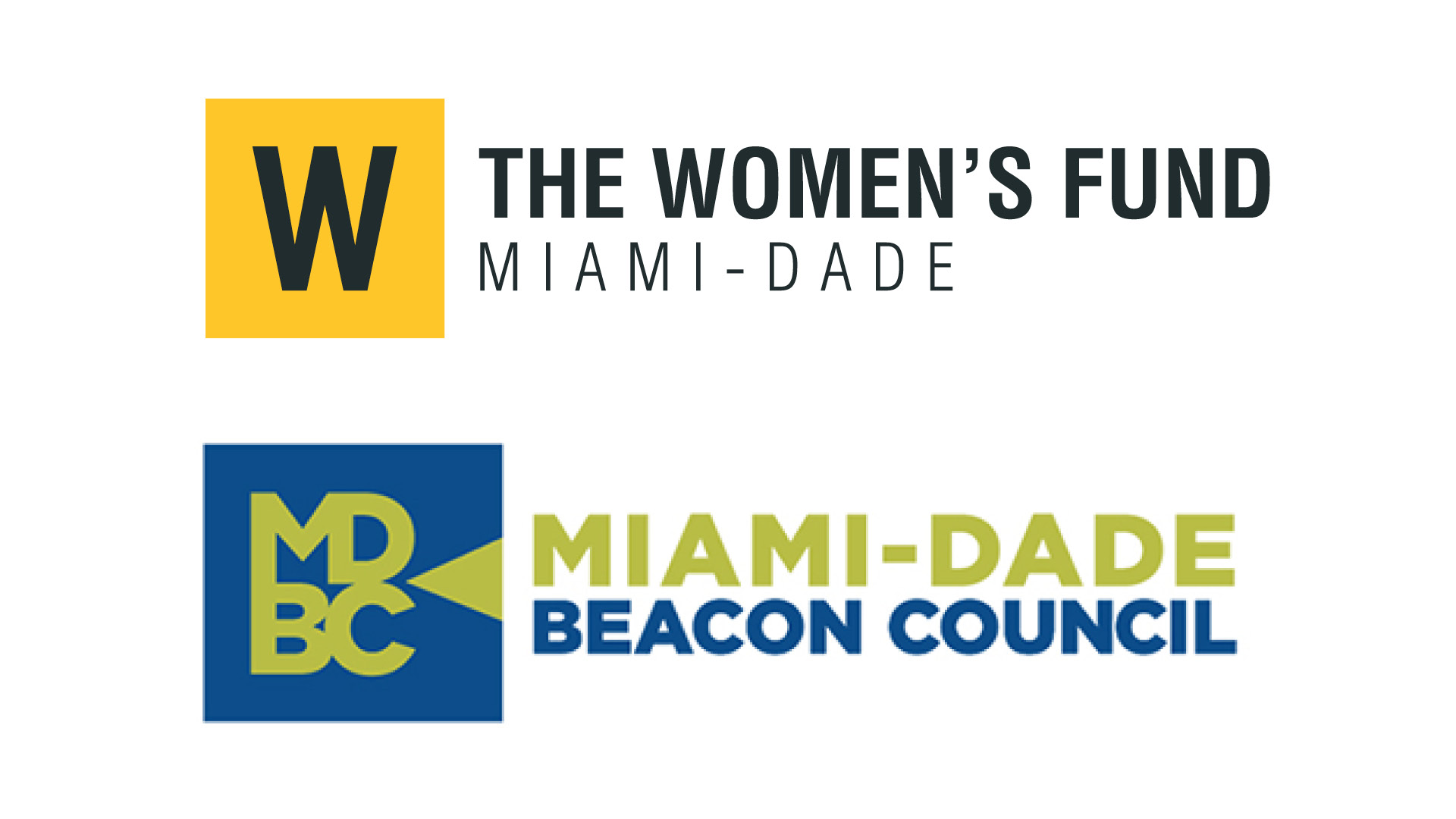BY GLORIA ROMERO ROSES AND ARATHI RAMAPPA
APRIL 02, 2021 06:21 PM
Read the original article here.
In the year since we entered the surreal world of a global pandemic, we’re merely scratching the surface of its devastating impact on our economy. However, buried under the economic avalanche is the fact that women have been greatly affected by COVID-19.
The pandemic widened the gap of pre-existing gender inequalities all over the world, and the repercussions of not addressing these issues will reduce global GDP growth by $1 trillion in 2030. Miami-Dade County is Ground Zero for these problems. This is why we must begin to make changes now.
Even before the pandemic dealt its devastating blow, the statistics regarding gender inequality in Miami-Dade County were staggering and disproportionate to the rest of Florida. An astonishing one in five women in Miami-Dade — about 20 percent — live in poverty, while the poverty rate is 15 percent in the rest of the state.
Women of color are particularly susceptible to economic insecurity. In Miami-Dade, 24 percent of Black women; 21 percent of Hispanic women; 21 percent of Native American women; and 19 percent of multiracial women are living in poverty, compared to 12 percent of white women.
Nationally, white women are paid 82 cents for every dollar paid to men. This gap widens further for women of color, with Black women at 63 cents; Native American women at 60 cents’ Hispanic women at 55 cents’ and Asian American and Pacific Islander women at 52 cents.
Enter a global pandemic that particularly hit the hospitality and service industries, sectors where women are more likely to work, and things went from bad to worse. Additionally, women tend to bear the overwhelming brunt of family responsibilities, requiring mothers to juggle e-learning and preschool lessons with Zoom meetings and work. Sure, there’s been more flexibility, but there are still only 24 hours in a day. In the struggle to do it all, many women have had to sacrifice workplace stability or leave the workforce.
In fact, 56 percent of women suffered COVID-related job losses. In September 2020 alone, roughly 865,000 women left the workforce, compared with 216,000 men — four times as many women as men. If we don’t respond to these trends, 25 years of progress toward women’s participation in the workplace will be undone and will fundamentally undermine women’s economic mobility.
Women business owners have also been disproportionately affected. According to a U.S. Chamber of Commerce survey, those who ranked their business’s overall health as “somewhat or very good” plummeted 13 points last year (compared to a five-point drop by male business owners during the same time).
But these percentages represent far more than numbers. There are real women — mothers, daughters, sisters, aunts, and friends — behind each of these statistics, many of whom are responsible for the well-being of their families. They deserve better.
Moving forward, it’s clear we need to face the ongoing challenges of the pandemic’s disproportionate devastation on women with both data and determination. The time has arrived to create meaningful change through initiatives that generate sustainable impact in economic mobility, leadership, health and well-being, and freedom from violence, the four pillars of the Women’s Fund Miami-Dade.
This is the year for us to link arms with our community partners and lead the way forward. We’re simply stronger together. Collectively, we need to turn the page on the ramifications of COVID-19 and its influence on gender inequality in the labor force. When women are strong, families are strong, communities are strong, the economy is strong, the country is strong and the world is strong.
We call on our fellow business leaders and politicians to reverse the disproportionate effects of the pandemic by working together to develop solutions for recovery and rebuilding. Together, we’ll make Miami-Dade County a place for women not merely to survive, but to thrive.
With advocacy, investment and impact, we’ll realize our vision of living in a world where power and possibility are not limited by gender.
Gloria Romero Roses is board chair and Arathi Ramappa is board vice chair of The Women’s Fund Miami Dade.







